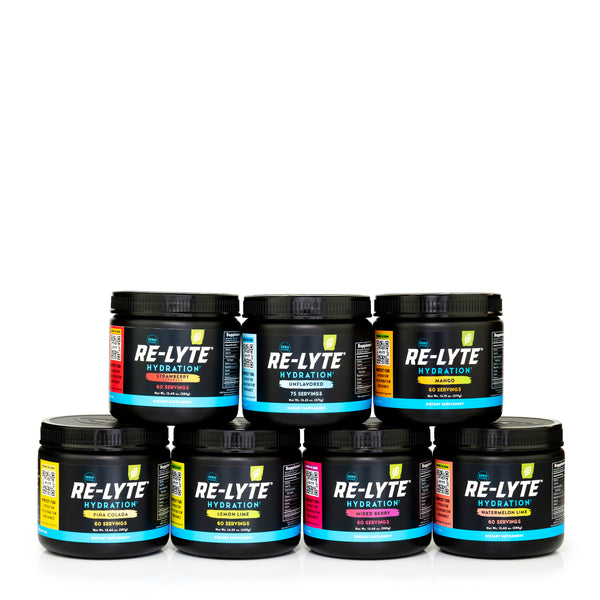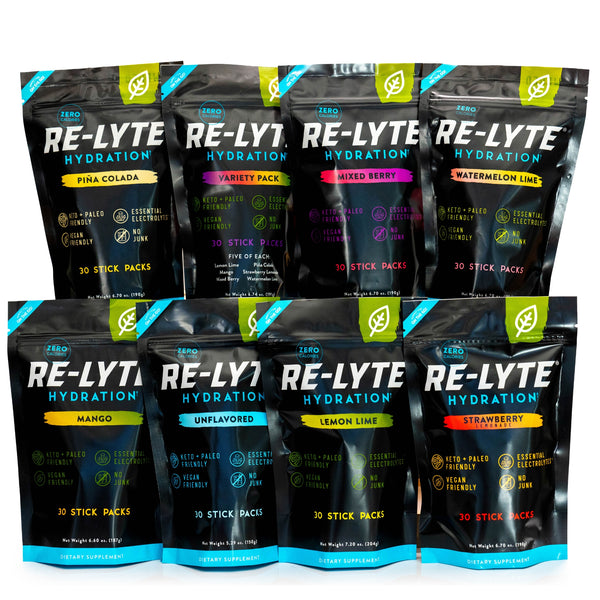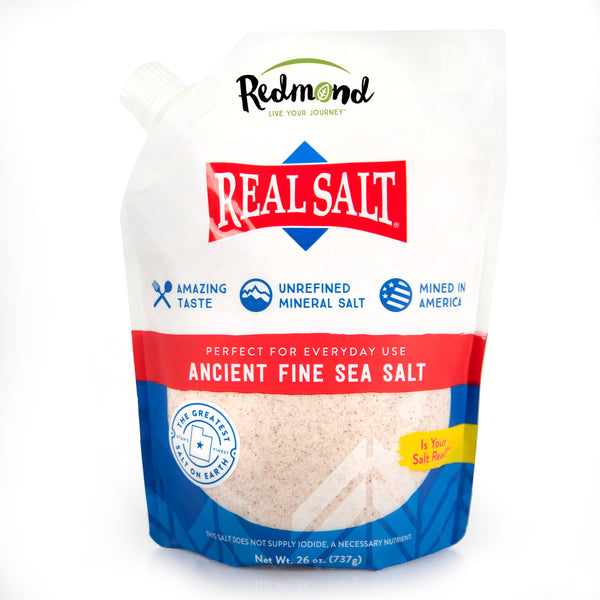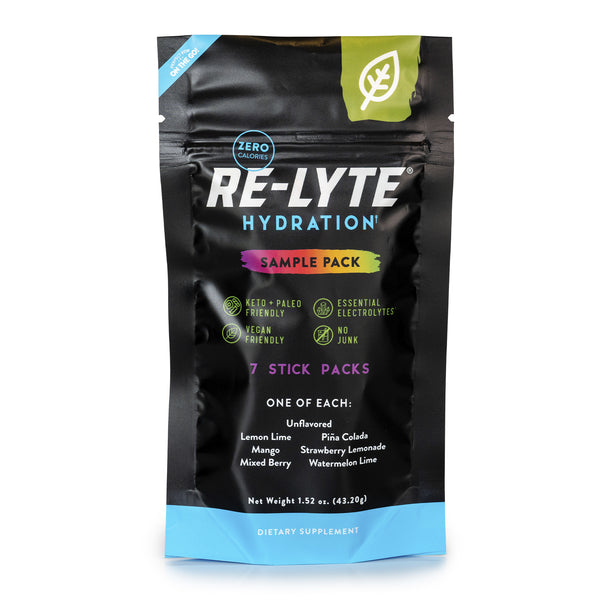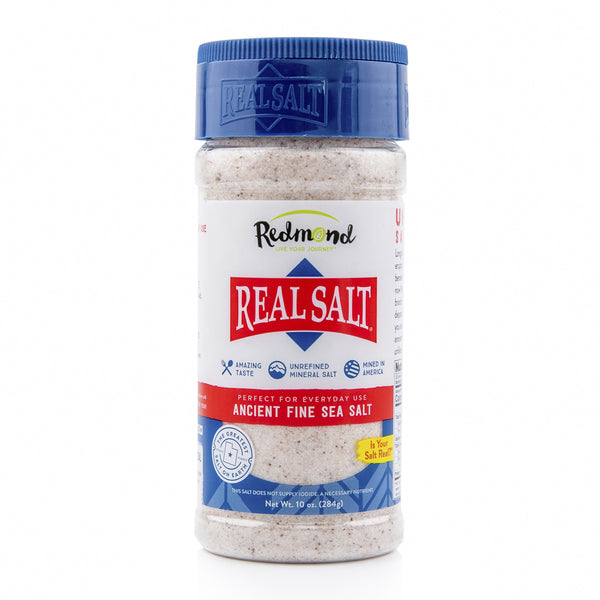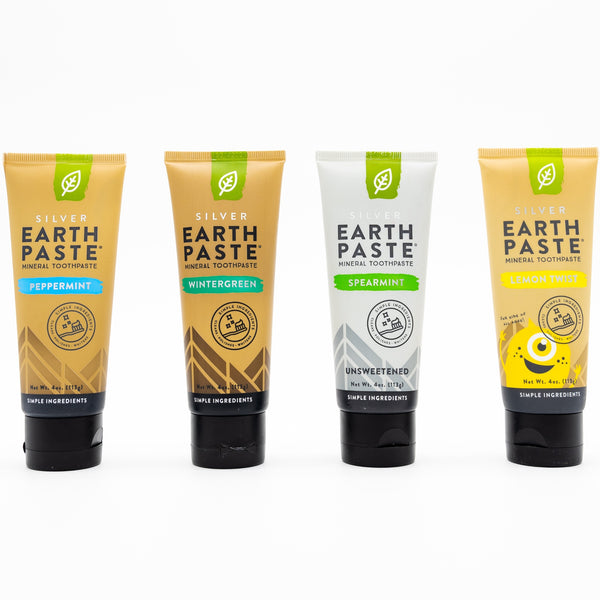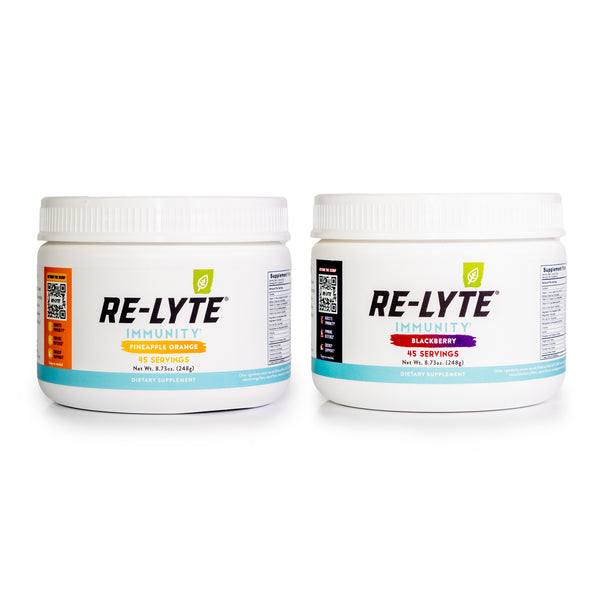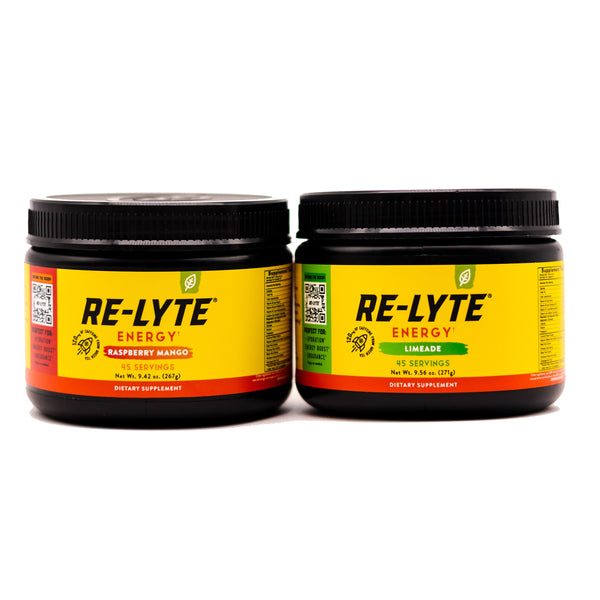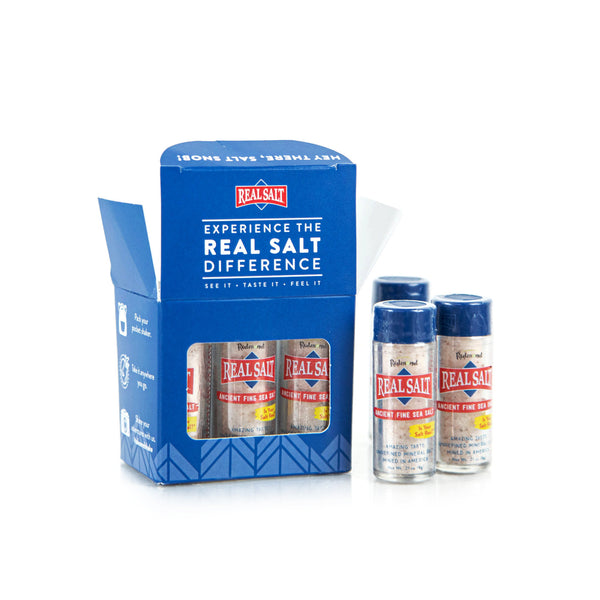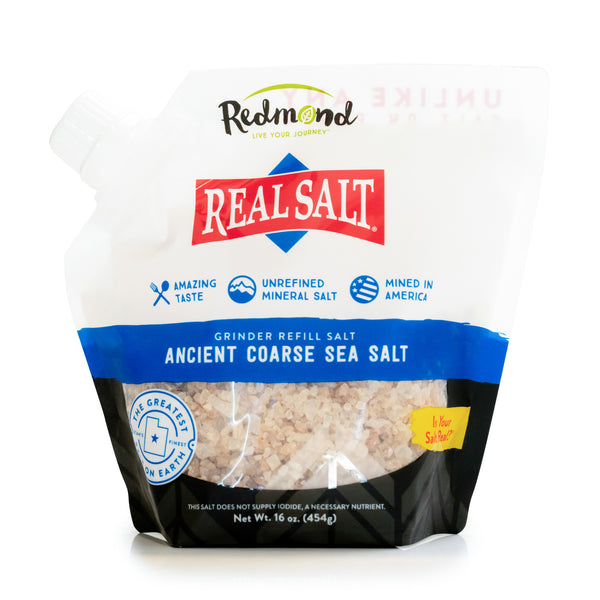Sip Smart, Think Sharp: How Hydration Helps Kids Learn

Article at a Glance:
- Since the brain is about 75% water, even slight dehydration can lead to brain fog, trouble focusing, and memory issues—especially in growing, learning kids.
- Staying hydrated with support from electrolytes like sodium, potassium, magnesium, and calcium helps kids stay sharp, process information faster, and power through their schoolwork.
- Dehydration can make kids cranky, tired, and uncooperative. Drinking enough fluids helps improve mood, lower stress, and maintain steady energy levels throughout the day.
- Water needs vary by age and activity. Kids generally need 4–8 cups per day (more if they’re active or sweating).
- Cool water bottles, fruity infusions, hydration games, and tasty electrolyte drinks like Re-Lyte Kids make it easier (and more fun!) to keep kids sipping throughout the day.
Between spelling tests, math equations, and art projects, kids use their brains a lot. But did you know that something as simple as drinking enough water and electrolytes can make a big difference in how well kids focus and learn?
Water isn't just for quenching thirst—it’s a secret weapon for brain power! Let’s dive into why hydration is essential for helping kids stay sharp, energized, and ready to conquer the school day.
The Brain Runs on Water
The human brain is about 75% water, which means even mild dehydration—just 1–2% loss of body water—can lead to trouble focusing, sluggish thinking, and difficulty remembering things. For kids, who are constantly learning and growing, keeping their brains hydrated is like oiling the gears in a busy machine—it keeps everything moving smoothly, efficiently, and without the mental squeaks and stalls.
Hydration and Focus
Ever notice how hard it is to concentrate when you're really thirsty? That’s because dehydration slows down the brain’s communication system, kind of like trying to stream your favorite show on dial-up internet—buffering, lagging, and skipping all the best parts.
When the brain doesn’t have enough fluids, its ability to send and receive signals gets bogged down, making it harder to think clearly, stay focused, and remember information. In fact, studies show that well-hydrated kids perform better on memory and attention-related tests.
For kids in school, this means something as simple as sipping water can help them stay laser-focused, process information faster, and power through their assignments like little learning ninjas.
The Power of Electrolytes for Brain Health

While water is the MVP, electrolytes like sodium, potassium, magnesium, and calcium are the brain’s ultimate support squad. These minerals keep the brain’s electrical signals firing like a lightning-fast relay team—passing the baton (or brain signals) without missing a beat.
-
Sodium and potassium are like the brain’s texting service, ensuring messages get sent quickly and correctly.
-
Magnesium helps with memory, learning, and keeping stress levels in check (because long division is stressful enough).
-
Calcium plays a key role in neurotransmitter release, meaning it helps keep focus sharp and ideas flowing.
If kids are running around at recess, playing sports, or just being their usual energetic selves, they need enough electrolytes to avoid brain fog and keep their mental game strong.
Hydration and Mood: No More Midday Meltdowns
Hunger isn’t the only thing that can turn a sweet kiddo into a grumpy gremlin—dehydration can, too! Without enough fluids, kids can become irritable, tired, and about as cooperative as a dog in a room full of squirrels. Research suggests that staying hydrated can help improve mood, reduce stress, and keep energy levels steady.
So, if your little learner is dragging through homework or getting frustrated with their schoolwork, try a hydration break before a meltdown ensues.
Smart Sipping: How Much Water Do Kids Need?
The amount of water a child needs depends on their age, activity level, and whether they’ve just played a heated game of tag. A general guide:
-
Kids 1-3 years old: 4 cups of water per day
-
Kids 4–8 years old: 5 cups of water per day
-
Kids 9 and older: 7-8 cups per day (or more)
And if they’re sweating up a storm? They’ll need even more! (For a breakdown of exactly how many electrolytes kids need per day, check out this article.)
Fun Ways to Keep Kids Hydrated

Getting kids to drink water can feel like convincing a cat to wear a sweater—challenging but not impossible. Here are some fun tricks:
-
Let them pick a cool water bottle—bonus points for ones with their favorite characters or a built-in straw.
-
Jazz up their water—infuse it with fruit (like berries or melons) or add a scoop of Re-Lyte Kids to make it more flavorful and exciting.
-
Turn it into a game—challenge them to finish their bottle by a certain time (you could even use stickers or fun little prizes to fuel their motivation).
Final Sip: Hydration for Success
From boosting concentration to keeping moods steady, proper hydration is a game-changer for kids in school. A well-hydrated brain is a happy, high-functioning brain, ready to tackle spelling bees, science experiments, and even the ever-dreaded pop quiz.
So, pack that water bottle, remind your kiddo to sip throughout the day, and keep an eye on hydration habits at home. And if they need a little extra help staying hydrated and energized? Re-Lyte Kids is a great way to keep those essential electrolytes in check. Learn more about it here.
Here’s to hydrated, happy, and successful school days!
Sources:
-
Water consumption affects cognitive function in children—American Society for Nutrition.
-
Do small differences in hydration status affect mood and mental performance?—Nutrition Reviews.
-
Not Drinking Enough Water Is One of the Worst Things You Can Do When Stressed—Here's Why—Real Simple.
-
The Water in You: Water and the Human Body—U.S. Geological Survey.
-
Water—Harvard T.H. Chan School of Public Health.
-
The sodium-potassium pump is an information processing element in brain computation—Frontiers in Physiology.
-
Calcium Control of Neurotransmitter Release—Cold Spring Harbor Perspectives in Biology.
-
The role of magnesium therapy in learning and memory—Michael R. Hoane.


